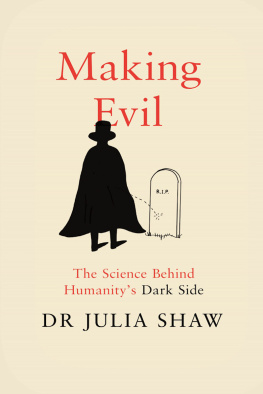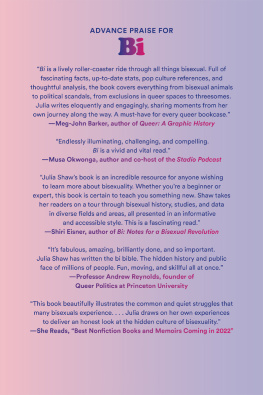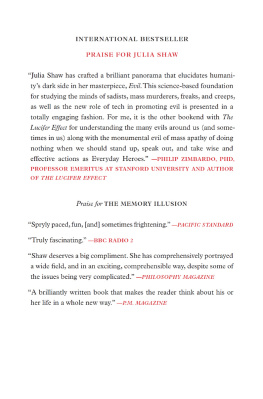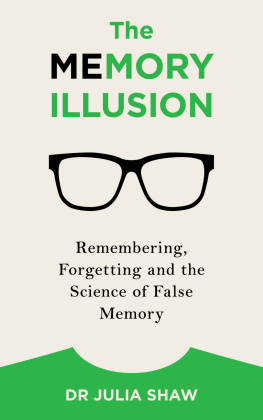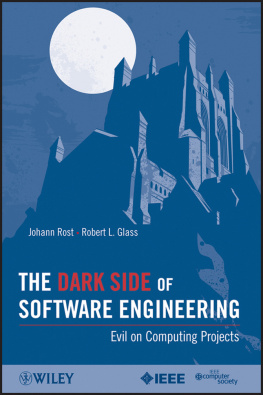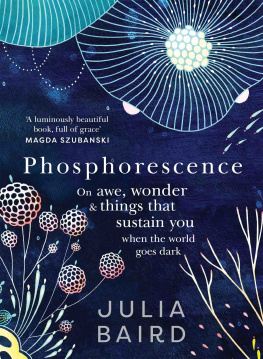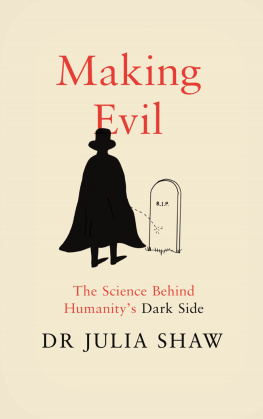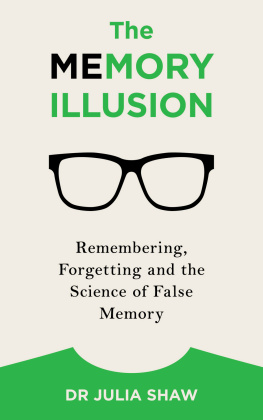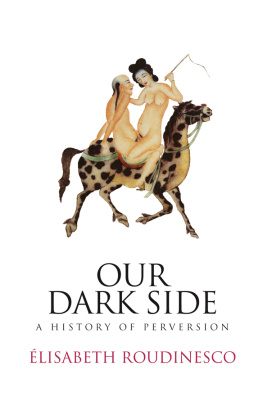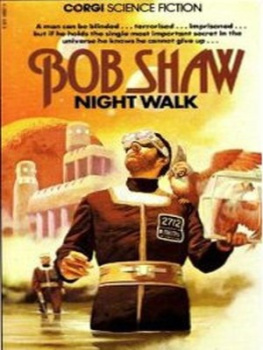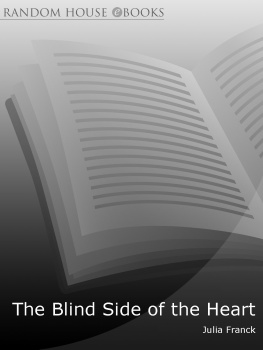Julia Shaw - Making Evil: The Science Behind Humanity’s Dark Side
Here you can read online Julia Shaw - Making Evil: The Science Behind Humanity’s Dark Side full text of the book (entire story) in english for free. Download pdf and epub, get meaning, cover and reviews about this ebook. year: 2019, publisher: Canongate Books, genre: Romance novel. Description of the work, (preface) as well as reviews are available. Best literature library LitArk.com created for fans of good reading and offers a wide selection of genres:
Romance novel
Science fiction
Adventure
Detective
Science
History
Home and family
Prose
Art
Politics
Computer
Non-fiction
Religion
Business
Children
Humor
Choose a favorite category and find really read worthwhile books. Enjoy immersion in the world of imagination, feel the emotions of the characters or learn something new for yourself, make an fascinating discovery.
- Book:Making Evil: The Science Behind Humanity’s Dark Side
- Author:
- Publisher:Canongate Books
- Genre:
- Year:2019
- Rating:4 / 5
- Favourites:Add to favourites
- Your mark:
- 80
- 1
- 2
- 3
- 4
- 5
Making Evil: The Science Behind Humanity’s Dark Side: summary, description and annotation
We offer to read an annotation, description, summary or preface (depends on what the author of the book "Making Evil: The Science Behind Humanity’s Dark Side" wrote himself). If you haven't found the necessary information about the book — write in the comments, we will try to find it.
Julia Shaw: author's other books
Who wrote Making Evil: The Science Behind Humanity’s Dark Side? Find out the surname, the name of the author of the book and a list of all author's works by series.
Making Evil: The Science Behind Humanity’s Dark Side — read online for free the complete book (whole text) full work
Below is the text of the book, divided by pages. System saving the place of the last page read, allows you to conveniently read the book "Making Evil: The Science Behind Humanity’s Dark Side" online for free, without having to search again every time where you left off. Put a bookmark, and you can go to the page where you finished reading at any time.
Font size:
Interval:
Bookmark:
Making Evil
Also by Dr Julia Shaw
The Memory Illusion
Making
Evil
The Science Behind
Humanitys Dark Side
DR JULIA SHAW

First published in Great Britain in 2019
by Canongate Books Ltd, 14 High Street, Edinburgh EH1 1TE
canongate.co.uk
This digital edition first published in 2019 by Canongate Books
Copyright 2019 Dr Julia Shaw
Illustrations Dr Julia Shaw
The moral right of the author has been asserted
Every effort has been made to trace copyright holders and obtain their permission for the use of copyright material. The publisher apologises for any errors or omissions and would be grateful if notified of any corrections that should be incorporated in future reprints or editions of this book.
First they came... Martin Niemller, as found in Exile in the Fatherland: Martin Niemllers Letters from Moabit, ed. Hubert G. Locke (Wm. B. Eerdman, 1986)
British Library Cataloguing-in-Publication Data
A catalogue record for this book is available on request from the British Library
ISBN 978 1 78689 130 3
eISBN 978 1 78689 131 0
To the insatiably curious
CONTENTS
On Hitlers brain, aggression and psychopathy
On serial killers, toxic masculinity and ethical dilemmas
On clowns, evil laughs and mental illness
On air pirates, bad bots and cyber trolls
On S&M, coming out and zoophilia
On understanding, preventing and humanising
On paradoxes, slavery and ethical blindness
On Nazis, rape culture and terrorism
He who fights with monsters should look to it that he himself does not become a monster.
Friedrich Nietzsche,
Beyond Good and Evil
INTRODUCTION: THE HUNGER
THE FAMOUS NINETEENTH-CENTURY German philosopher Friedrich Nietzsche wrote in 1881: Bse denken heit bse machen thinking evil means making evil.
This book explores some of the science behind this sentiment, ranging across a spectrum of concepts and notions that are often associated with the word evil. It is a study of human hypocrisy, the absurdity of evil, ordinary madness and empathy. I hope to challenge you to rethink and reshape what it means to be bad.
Over the past thirteen years, as a student, lecturer and researcher, I have enjoyed discussing the science of evil with anyone who is willing to listen. What I like most is destroying the fundamental conceptualisations of good and evil as black and white, replacing them with nuance and scientific insight. I want us all to have a more informed way of discussing behaviour that at first we feel we cannot, and should not,begin to understand. Without understanding, we risk dehumanising others, writing off human beings simply because we dont comprehend them. We can, we must, try to understand that which we have labelled evil.
Lets start by doing an evil empathy exercise. Think about the worst thing you have ever done. Something that you are probably ashamed of, and that you know would make other people think less of you. Infidelity. Theft. Lying. Now imagine that everyone knew about it. Judged you for it. Constantly called you names arising from it. How would that feel?
We would hate for the world to forever judge us based on the acts we most regret. Yet this is what we do to others every day. For our own decisions we see the nuances, the circumstances, the difficulties. For others we often just see the outcome of their decisions. This leads us to define human beings, in all their complexity, by a single heinous term. Murderer. Rapist. Thief. Liar. Psychopath. Paedophile.
These are labels bestowed on others, based on our perception of who they must be, given their behaviour. A single word intended to summarise someones true character and to disparage it, to communicate to others that this person cannot be trusted. This person is harmful. This person is not really a person at all rather some sort of horrible aberration. An aberration with whom we should not try to empathise because they are so hopelessly bad that we will never be able to understand them. Such people are beyond understanding, beyond saving, evil.
But who are they? Perhaps understanding that every single one of us frequently thinks and does things that others view as despicable will help us to understand the very essence of what we call evil. I can guarantee that someone in theworld thinks you are evil. Do you eat meat? Do you work in banking? Do you have a child out of wedlock? You will find that things that seem normal to you dont seem normal to others, and might even be utterly reprehensible. Perhaps we are all evil. Or, perhaps none of us are.
As a society, we talk about evil a lot, and yet we dont really talk about it at all. Every day we hear of the latest human atrocities, and superficially engage with constant news chatter that makes us feel like humanity is surely doomed. As journalists often say, if it bleeds it leads. Concepts that elicit strong emotions are distilled into attention-grabbing headlines for newspapers and shoved into our social-media feeds. Seen before we get to breakfast and forgotten by lunchtime, our consumption of reports of evil is phenomenal.
Our hunger for violence in particular seems greater now than it ever has. In a study published in 2013 by psychological scientist Brad Bushman and his colleagues which examined violence in movies, they found that violence in films has more than doubled since 1950, and that gun violence in PG-13 films [12A] has increased to the point where it recently exceeded the rate in R-rated films [15]. Movies are becoming more violent, even those which are specifically for children to watch. More than ever, stories of violence and severe human suffering permeate our daily routine.
What does this do to us? It distorts our understanding of the prevalence of crime, making us think crime is more common than it actually is. It impacts who we label evil. It changes our notions of justice.
At this point I want to manage your expectations regarding what this book is about. This is not a book that dives deepinto individual cases. Whole books have been dedicated to specific people who are often referred to as evil like Jon Venables, the youngest person ever to be convicted of murder in the UK and labeled by the tabloids as Born Evil, or serial killer Ted Bundy in the US, or the Ken and Barbie killers, Paul Bernardo and Karla Homolka, in Canada. These are fascinating cases, no doubt, but this book is not really about them. It is about you. I want you to understand your own thoughts and proclivities more than I want to pick apart specific examples of other peoples transgressions.
This is also not a philosophical book, a religious book, or a book about morality. It is a book that tries to help us understand why we do terrible things to one another, not whether these things should happen or what the appropriate punishments for them are. It is a book filled with experiments and theories, a book that tries to turn our attention to science for answers. It tries to break down the concept of evil into many pieces, and to pick up each one to examine it individually.
This is also not a comprehensive book about evil. A lifetime would be insufficient for such a task. You may be disappointed to learn that I will spend almost no time discussing crucial issues like genocide, abuse of children in care, children who commit crime, election fraud, treachery, incest, drugs, gangs or war. If you want to learn about such issues, there are many books out there for you, but this isnt one of them. This is a book that seeks to expand on the currently available literature and bring in the unexpected. This book provides an overview of important and diverse topics related to the concept of evil that I think are fascinating, important, and often overlooked.
Next pageFont size:
Interval:
Bookmark:
Similar books «Making Evil: The Science Behind Humanity’s Dark Side»
Look at similar books to Making Evil: The Science Behind Humanity’s Dark Side. We have selected literature similar in name and meaning in the hope of providing readers with more options to find new, interesting, not yet read works.
Discussion, reviews of the book Making Evil: The Science Behind Humanity’s Dark Side and just readers' own opinions. Leave your comments, write what you think about the work, its meaning or the main characters. Specify what exactly you liked and what you didn't like, and why you think so.

